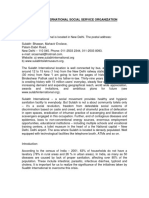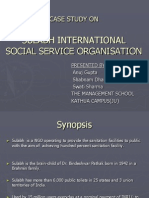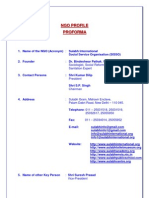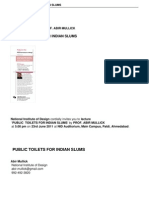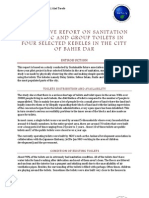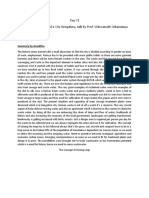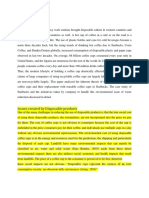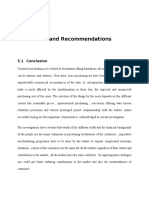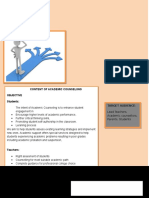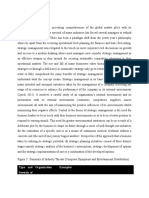0% found this document useful (0 votes)
31 views1 pageAdapt Products and Processes: Sulabh Developed An Initial Pilot Project and
Sulabh has installed over 1.4 million household toilets and maintains 6,500 public pay-per-use toilets that are used by an estimated 10 million people across India. It has liberated about 60,000 scavengers out of an estimated 700,000-1.2 million and trains masons to build low-cost toilets using local materials. Sulabh employs over 50,000 people and operates public toilets, vocational training programs, schools, and other services in 26 states.
Uploaded by
ariaCopyright
© © All Rights Reserved
We take content rights seriously. If you suspect this is your content, claim it here.
Available Formats
Download as DOCX, PDF, TXT or read online on Scribd
0% found this document useful (0 votes)
31 views1 pageAdapt Products and Processes: Sulabh Developed An Initial Pilot Project and
Sulabh has installed over 1.4 million household toilets and maintains 6,500 public pay-per-use toilets that are used by an estimated 10 million people across India. It has liberated about 60,000 scavengers out of an estimated 700,000-1.2 million and trains masons to build low-cost toilets using local materials. Sulabh employs over 50,000 people and operates public toilets, vocational training programs, schools, and other services in 26 states.
Uploaded by
ariaCopyright
© © All Rights Reserved
We take content rights seriously. If you suspect this is your content, claim it here.
Available Formats
Download as DOCX, PDF, TXT or read online on Scribd
/ 1

